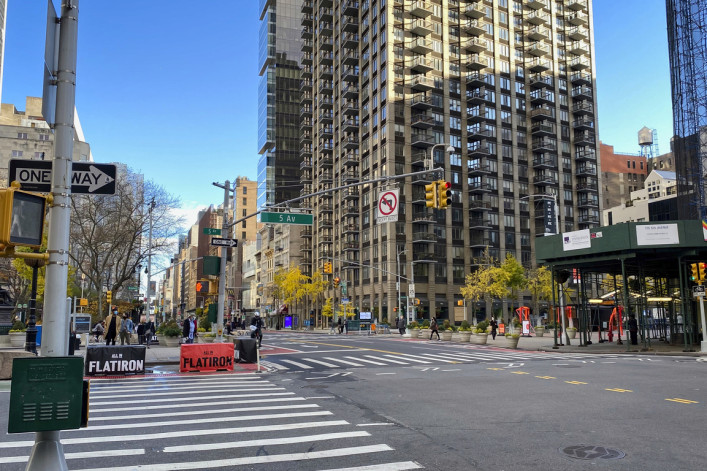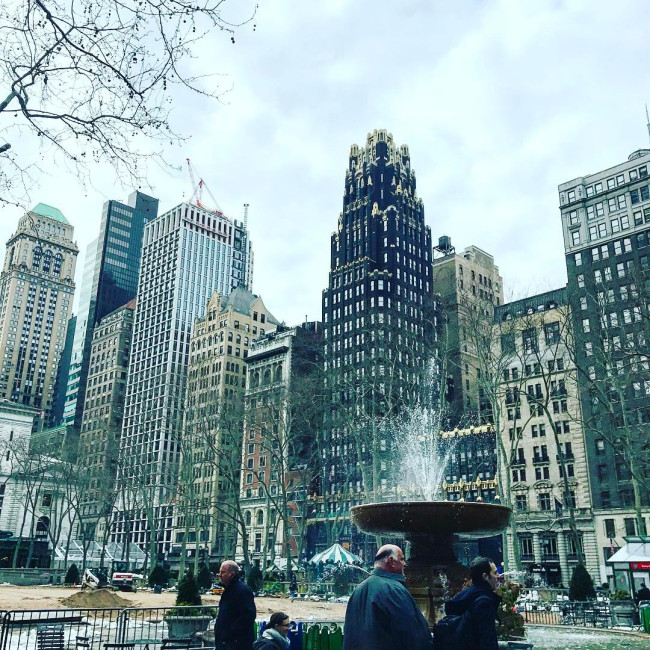I don't have a big income but I inherited some money. Should I buy a co-op or condo?

Your debt-to-income ratio is an important consideration. Many NYC co-ops require that buyers have a DTI of 25 to 33 percent.
iStock
I recently received an inheritance that would allow me to buy a co-op or condo for around $400,000 in cash, with a few hundred thousand left over. However, my annual income is just below $60,000 a year. Should I look into buying a co-op or condo? I'm worried that with a co-op I would have trouble getting board approval.
A co-op is not out of the question, and you may also want to look into a Housing Development Fund Corporation (HDFC) co-op apartment, our experts say.
Co-ops generally require a down payment of 20 percent, a demonstration of good credit, and post-closing liquidity—that is, enough money in the bank to cover two years of maintenance and mortgage payments. That money can certainly come from a gift or inheritance.
Your debt-to-income ratio is also important. Many NYC co-ops require that buyers have a DTI of 25 to 33 percent—which is the portion of your income you spend paying down your debts.
If you meet all these criteria, you could be approved by a co-op board.
"At a $60,000 income, if you are paying a total of $1,350 to $1,650 a month in maintenance and other long term debt, you should qualify with most reasonable co-op boards for an apartment of $400,000, especially with a couple hundred thousand left over," says Deanny Kory, a broker with Corcoran. "It would work as long as your income is consistent. In addition, you need to have a strong credit score."
It's not always easy to determine whether you meet all these qualifications, so you should hire an experienced agent to look over your finances and help you determine whether it's feasible for you to buy. It may turn out that buying a condo is an easier lift for you, as they tend to have less strict requirements than co-ops do. However, they're often also more expensive.
"It may be helpful to ask an agent who is qualified and capable of handling co-op sales to look at your entire financial picture," Kory says. "A condo would be an easier choice, but in certain markets condos generally sell for more money than co-op apartments."
Another possibility could be to seek out an HDFC apartment, which are for low- and middle-income buyers, and come with strict income requirements. You still must put down a significant down payment in order to purchase one of these apartments, which means that HFDCs tend to favor buyers just like you—people with substantial assets like inheritances but not substantial income. (For that reason, HDFCs have been criticized for excluding working-class buyers, the people the program was ostensibly designed to support.)
HDFCs are also not easy to come by—these affordable units are in high demand and short supply, so you'll have to do some digging. (This HDFC shareholder, for instance, took three years to find his home.)
All that said, if your finances are in good shape both co-ops and condos may be within your reach. Speak to an experienced agent and mortgage broker to find out what exactly your options are.
Trouble at home? Get your NYC apartment-dweller questions answered by an expert. Send your questions to [email protected].
For more Ask an Expert questions and answers, click here.
You Might Also Like

























